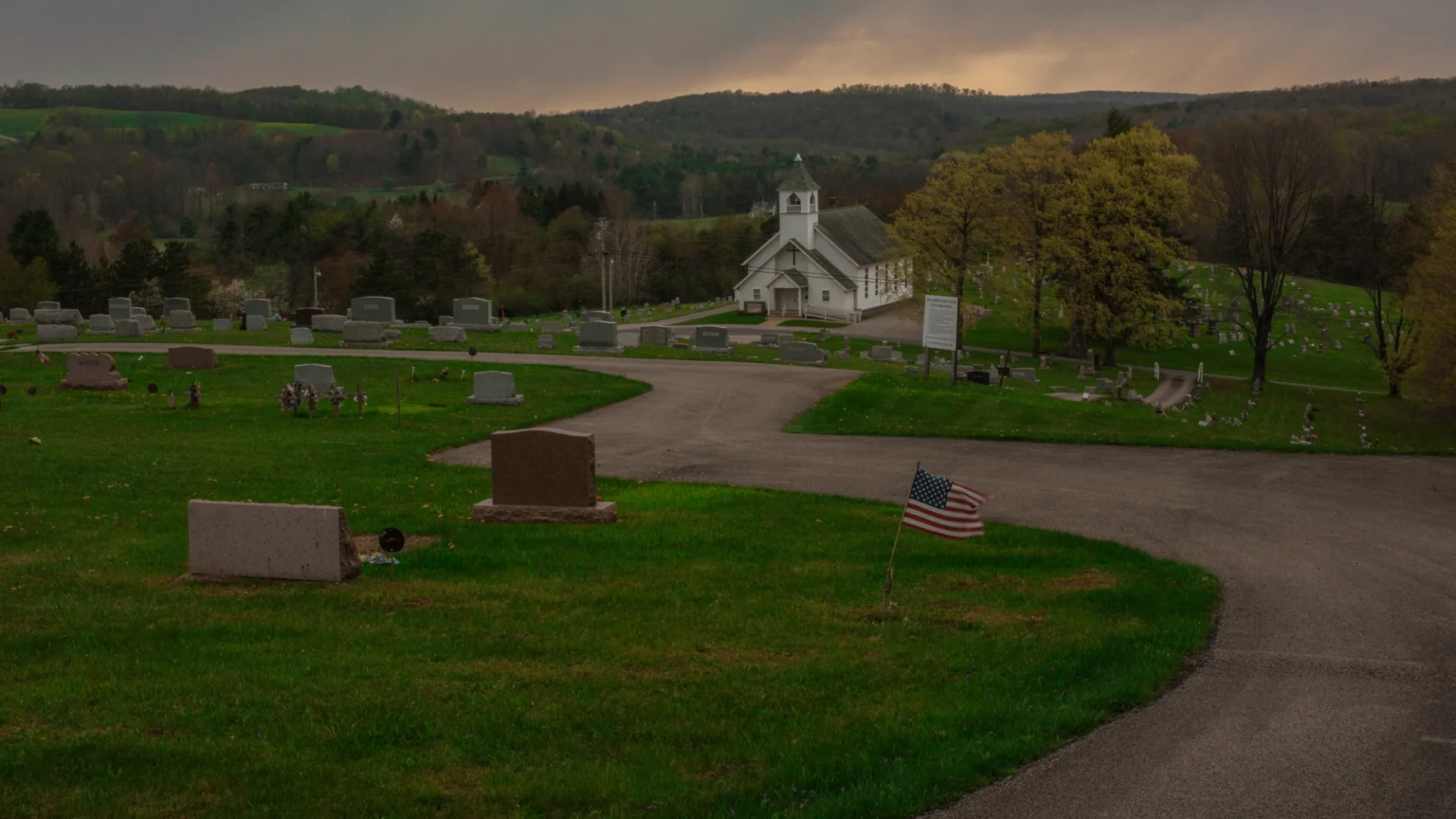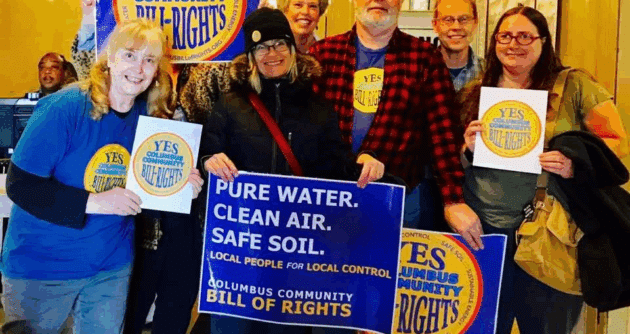Feature photo by Mike Belleme for Rolling Stone
Township Appeals to PA Supreme Court
August 17, 2022
CONTACT:
Chad Nicholson
Community Environmental Legal Defense Fund
CELDF.org
chad@celdf.org
207-541-3649
Grant Township, Indiana County, PA: Last month, Grant Township’s Home Rule Charter banning frack waste injection wells was invalidated by the PA Commonwealth Court. The Township has appealed the decision to the PA Supreme Court.
In 2015, the people of Grant Township enacted a Charter that banned the dumping of frack waste, after Pennsylvania General Energy (PGE) sought permits to site a frack waste injection well there. The waste is known to be radioactive and chemically toxic, and injection wells have also caused earthquakes.
In 2017, the PA Department of Environmental Protection (DEP) sued the Township, seeking to invalidate the Charter. Yes, you read that correctly: the Department of Environmental Protection sued the Township for trying to protect its environment. Grant filed counterclaims against DEP, asking the court to declare that the Charter was a valid law under the Environmental Rights Amendment (ERA) of the PA Constitution and that DEP has failed in its duty to protect Pennsylvanians’ clean air and water. Pennsylvania General Energy later intervened in the lawsuit.
Last month’s ruling by the Commonwealth Court found that Grant’s Charter violates PGE’s corporate constitutional rights, and is therefore unconstitutional. In other words, the Court decided that PGE’s constitutional “rights” to subject the Township to chemical and radiological exposure and tainting of groundwater are more important than the rights of Township residents to have clean air and pure water.
The Township through its attorneys initiated an appeal to the Pennsylvania Supreme Court on August 11, 2022.
Township Supervisor Chairman Stacy Long said, “Our community has been asserting our rights through our Home Rule Charter for over 6 years, and we have been waiting to show why Grant Township is willing to risk what little we have to be heard in court. I can’t help but to observe that this ruling was phoned in, and that it is simply not profitable for industry or the state – for our community to simply exist as it is, with clean water and the quality of life that we are working so hard to save.“
Still, to this day, thanks to the tireless efforts of the people of Grant Township and those who support them, there is still no injection well, 9 years after PGE first applied for a permit. The fight continues.
###
About Grant Township
If you’ve not heard about Grant Township’s fight before, here is a link to much more background, a timeline, and court documents. Grant Township has also been featured in national media, including Rolling Stone and The New Republic, as well as a full-length documentary titled Invisible Hand.


